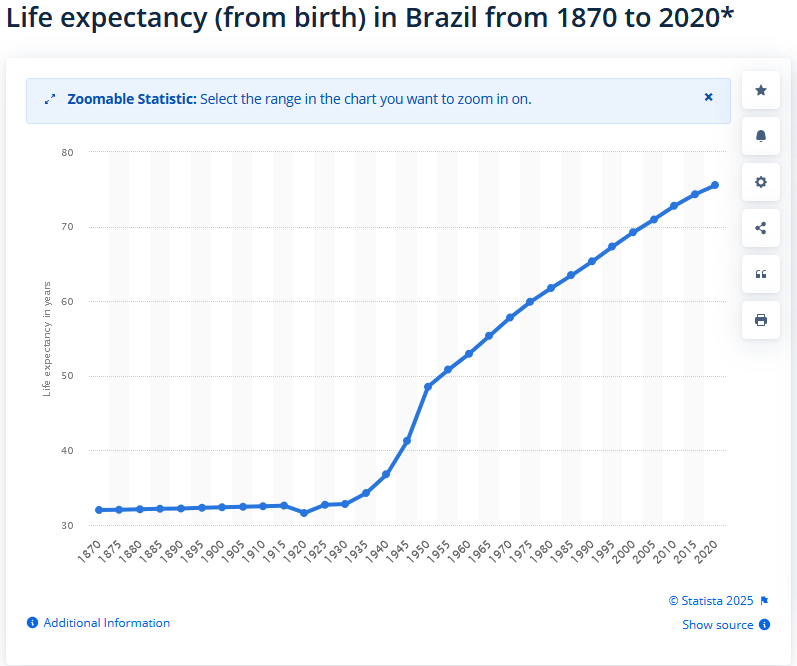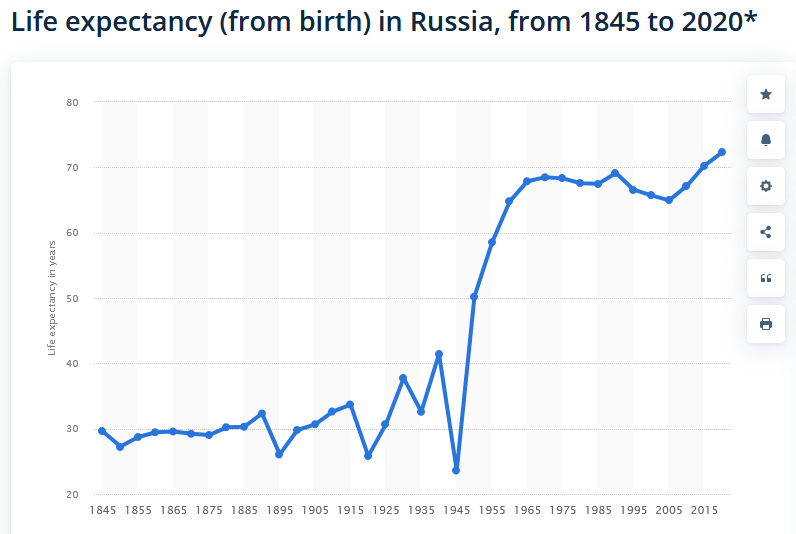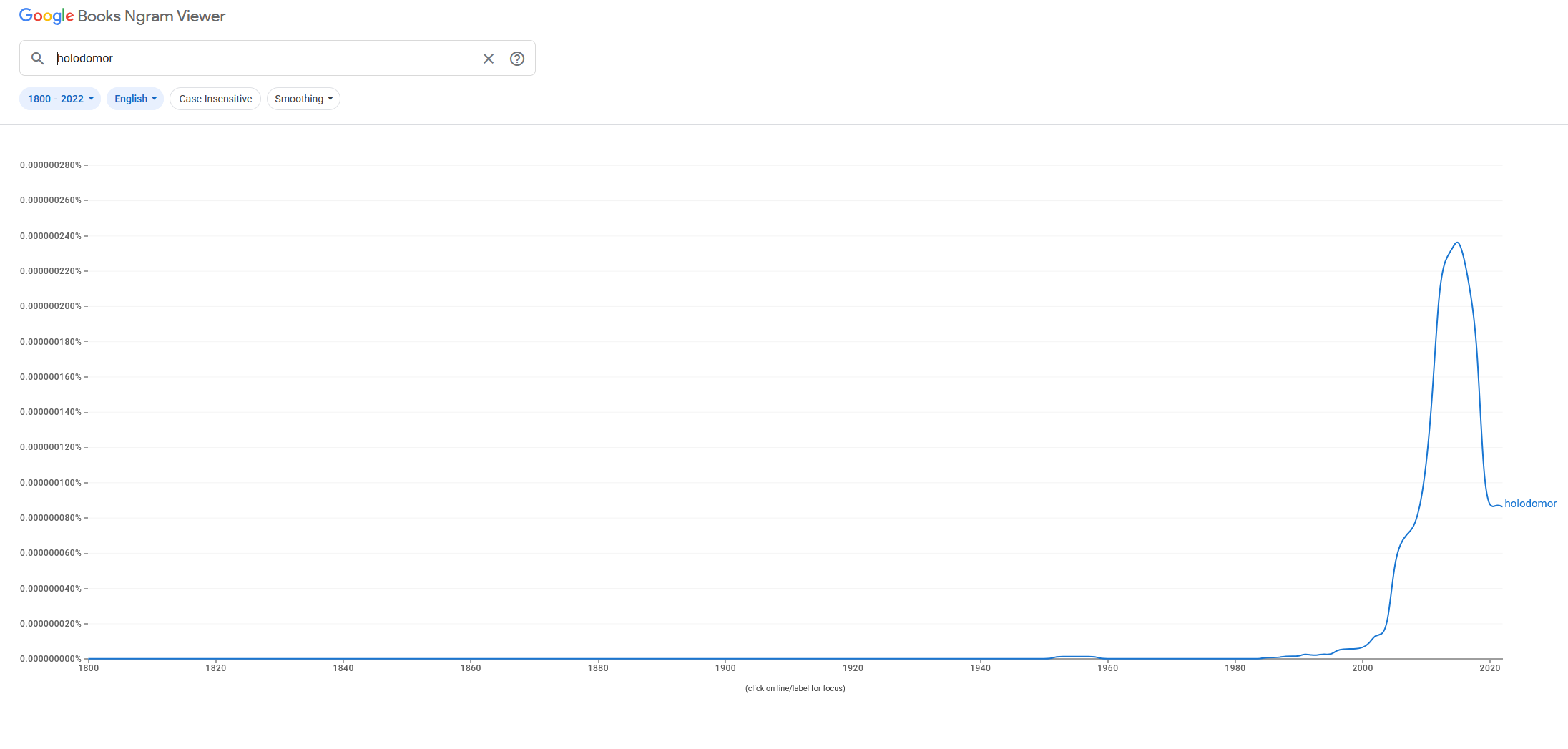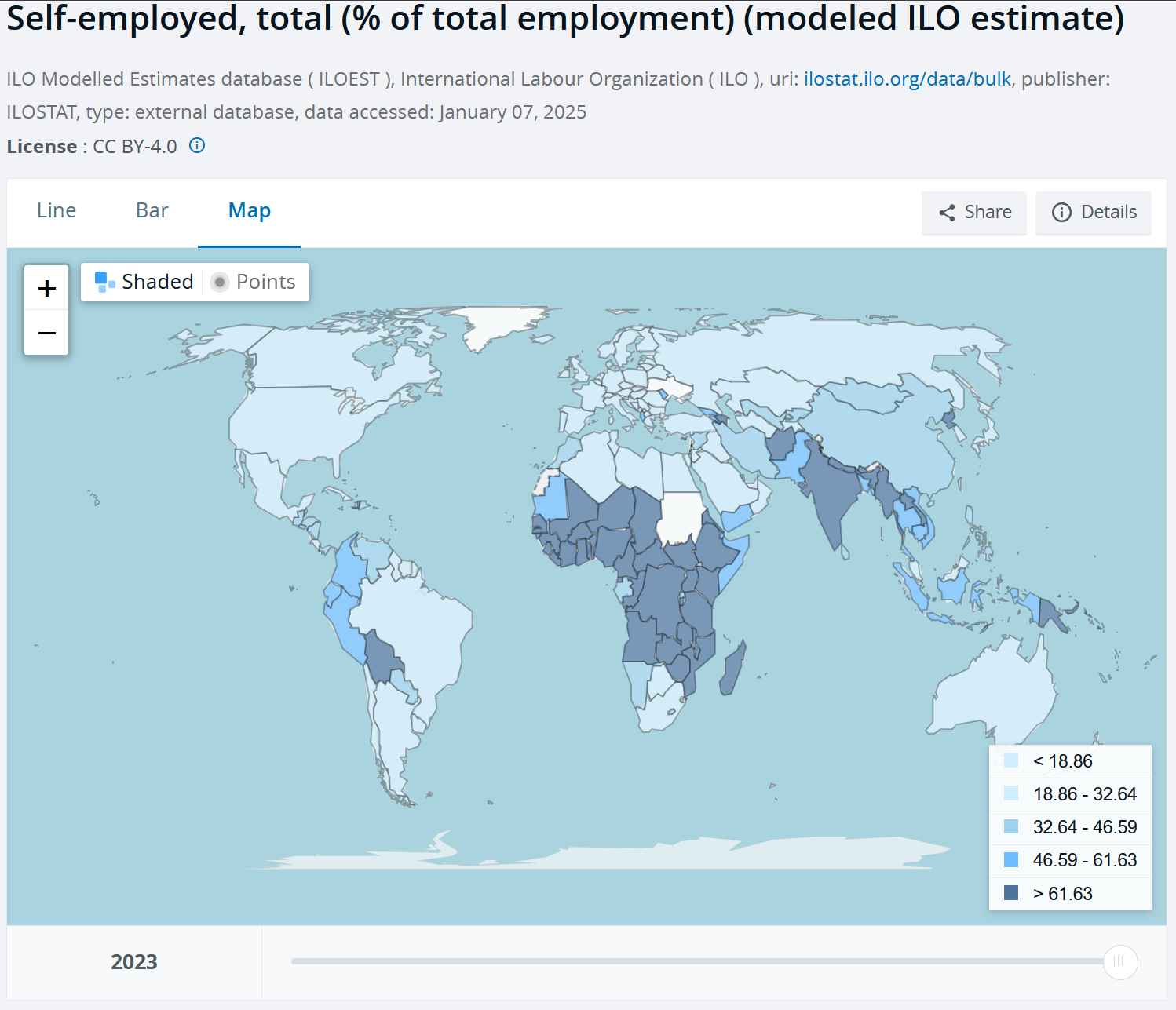

Ok I thought I was talking to someone with basic political literacy. Yes, the overwhelming majority of EU citizens were/are against rise of retirement age and against defunding of public healthcare and education.
Greece was threatened with a default because EU states with Euro as their currency gave up their monetary sovereignty to the European Central Bank. England, the US or Japan have their own currencies so the state cannot default by definition, because the state can literally create an unlimited amount of the money it borrows through debt. Greece had a DEMOCRATIC REFERENDUM to revise its sovereign debt and the idea won by a long shot, and then the country was not allowed to exercise its democratic will under threat of cutting Euro supply by the ECB, i.e. default.
Every poll in the USA comes to some result close to 70% of USians supporting the idea of implementing universal healthcare because essentially every Democrat wants this and many Republicans want it too. It’s not done because the US isn’t a democracy, it’s a dictatorship of the bourgeoisie.
I’m actually done talking with you. You pretend to be a leftist but you have literally 0 support to offer to the working class, you have the narrowest understanding of politics as defined by whatever western outlets you consume, and you’re a smug debatelord who doesn’t care to inform themselves in the slightest, you haven’t picked up a single book about politics in your entire life and it shows. You constantly replicate lies and don’t care to admit it, you constantly miss information and you don’t care to admit it, and you think you’re the smartest person in the universe. Go waste someone else’s time.





Propagating feel-goodism about climate change while taking money from the Bill&Melinda Gates Foundation and saying that eventually climate change will be solved by technology, whitewashing carbon capture technologies and overselling their potential, taking money from Templeton Foundation when making videos about consciousness, using the “Israel fighting Hamas” narrative in a 2025 video regarding wars…